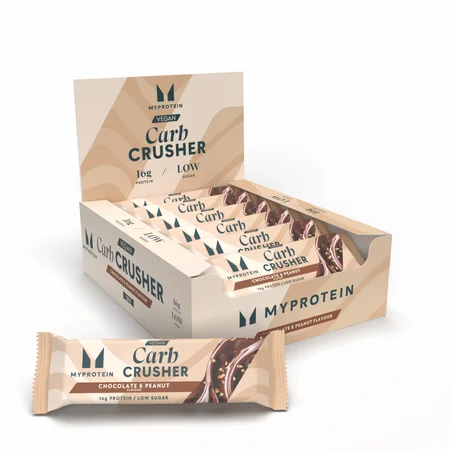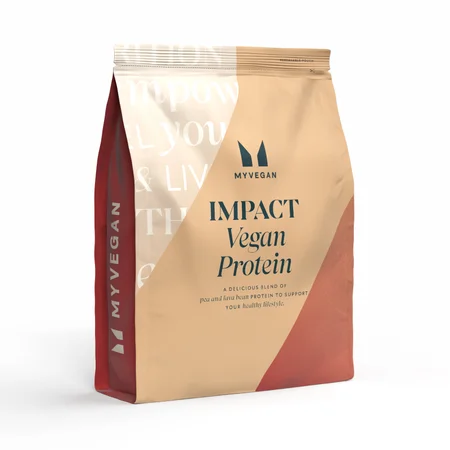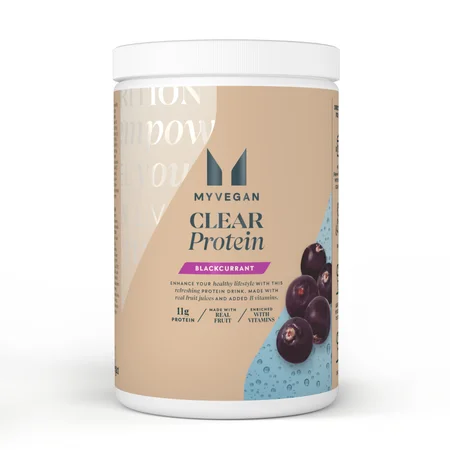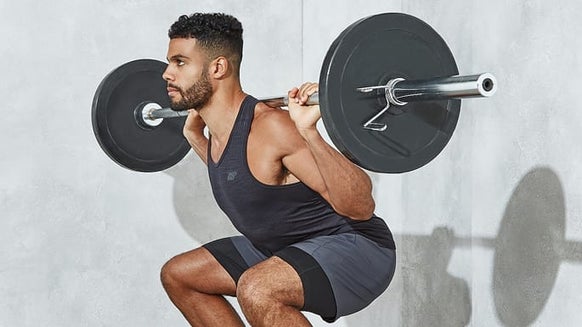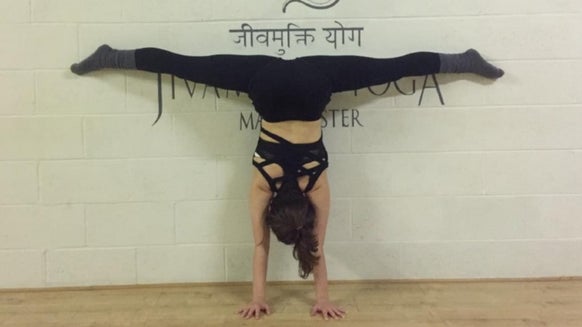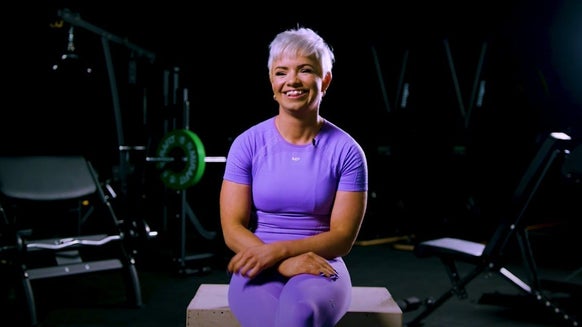Omega 3 Fats For Vegans | Best 4 Sources
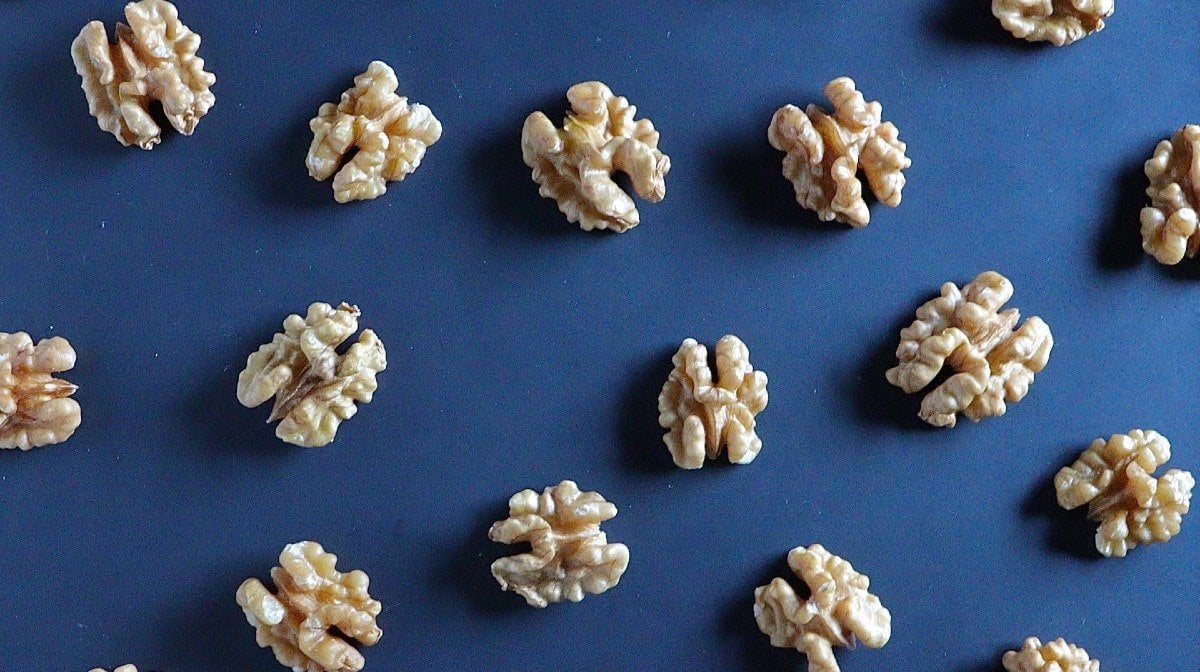
The vegan diet is a fully plant-based diet, excluding
- What is Omega 3?
- What are the Benefits of Omega 3s for Vegans?
- Which Fats am I Missing?
- Vegan-friendly Omega 3 Sources

What is Omega 3?
Omega-3s are fatty acids that fall under the polyunsaturated fat category. These types of fatty acids are considered essential (we need to get them from our diet) because our bodies can’t produce them. Three major types of Omega-3s are alpha-linoleic acid (ALA), eicosapentaenoic acid (EPA) and docosahexaenoic acid (DHA). ALA is found primarily in plants, while EPA and DHA are primarily found in animal-based foods.
What are the Benefits of Omega 3s for Vegans?
Omega 3s offer many health benefits, primarily from their EPA and DHA components. Here are some of the main benefits from these powerful fats.
Foetal development
Omega 3 fatty acids (especially DHA from fish) are often recommended for women who are, or plan to become, pregnant because they are crucial for proper foetal development.
Research supports that Omega 3s support brain and immune system development during pregnancy.
Anti-inflammatory
Omega 3 fatty acids may contribute to prevention of many chronic diseases such as heart-related diseases, plus other chronic illnesses that are caused by inflammation.
Brain health
Another use for animal-based Omega 3s has been shown in research related to the inflammatory markers often present in older adults with Alzheimer's disease. While more research is needed in this area, it was shown that patients who had high intakes of EPA and DHA had a lower risk for developing Alzheimer’s than those who did not consume much Omega 3 in their diet.
Which Fats Am I Missing?
All Omega 3 fatty acids play a role in health, but the majority of health benefits are linked to DHA and EPA, and less from ALA. ALA is a precursor for EPA and DHA, but the process of creating DHA or EPA from ALA is not very efficient - making it important to find excellent sources of ALA in the diet.
Dietary fat helps us to feel satiated, supports the structure of all of our cells, and is key for healthy metabolism. Fats are also responsible for helping to regulate bodily processes, in addition to enabling absorption of specific fat-soluble vitamins. These include:
Vegan-Friendly Omega 3 Sources
1. Flaxseed
Flaxseed contains the omega-3 fatty acid alpha-linolenic acid (ALA) – which, as mentioned above, is a plant based vegan alternative to EPA and DHA. Whole flaxseeds can be mixed with water as a vegan egg substitute in baking, and flaxseed oil is often used in salad dressings or, as a porridge topping.
Flaxseed must be ground prior to ingestion or it won’t be able to provide health benefits - it can be hard to digest. 1-2 tablespoons of flaxseed per day can provide 2 grams of vegan polyunsaturated fatty acids like ALA.
2. Walnuts
Walnuts are an excellent vegan source of Omega 3, with one ounce providing up to 2.5 grams of ALA.2 Walnuts may also contribute to an improved mood, due to each gram containing roughly 87 micrograms of serotonin (the happy hormone!).
Keep in mind that walnuts and other nuts are healthiest in their raw state since high heat changes the fatty acid structure and added oils and salt take away some of the benefit. Walnuts also provide protein in a vegan diet. While other nuts provide heart healthy fats, walnuts are the greatest source of vegan Omega 3.
3. Chia Seeds
Chia seeds are the highest in omega 3 fats out of all the different seeds. Due to the omega 6 levels being higher in a vegan diet, (omega 3 is usually consumed via meat, fish and eggs) the intake of chia seeds may contribute to balancing out the ratio.
High in protein and fibre, chia seeds are a great staple in a vegan diet. The desired ratio of omega 3 and 6 is 1:1. Chia seeds are also classed as a superfood due to containing 20% Omega 3 ALA.
4. Pumpkin Seeds
A nearly ‘perfect’ seed, pumpkin seeds are also a good vegan source of Omega 3 fats. They’re also packed with iron, which is hard to find in a vegan diet. Particularly alkalising compared to other common nuts and seeds, and may provide blood-sugar and hormone-stabilising benefits since they lower insulin and cortisol in the body.
Take Home Message

Claire is a Registered Dietitian through the Academy of Nutrition and Dietetics and a board-certified Health and Wellness Coach through the International Consortium for Health and Wellness Coaching. She has a Bachelor of Science in Biology and a Master’s degree in Clinical Dietetics and Nutrition from the University of Pittsburgh.
Talking and writing about food and fitness is at the heart of Claire’s ethos as she loves to use her experience to help others meet their health and wellness goals.
Claire is also a certified indoor cycling instructor and loves the mental and physical boost she gets from regular runs and yoga classes. When she’s not keeping fit herself, she’s cheering on her hometown’s sports teams in Pittsburgh, or cooking for her family in the kitchen.
Find out more about Claire’s experience here.
